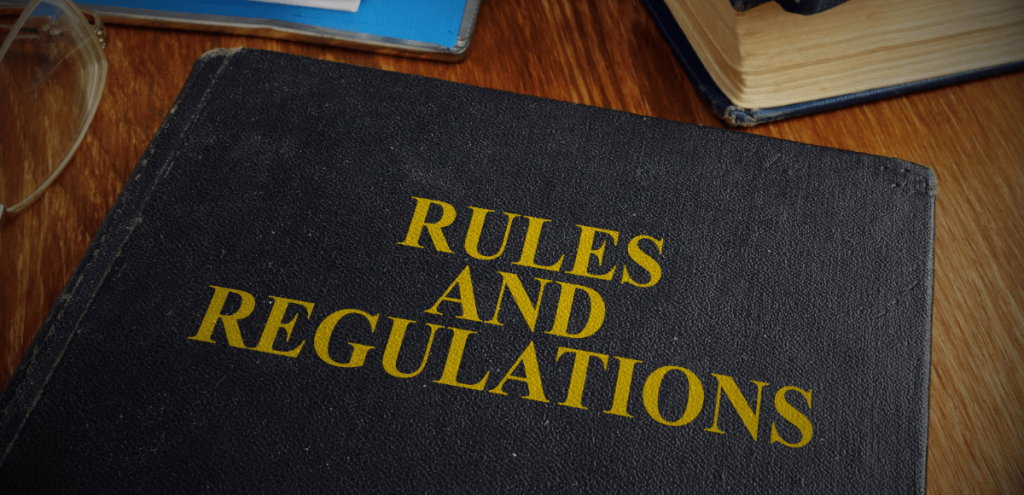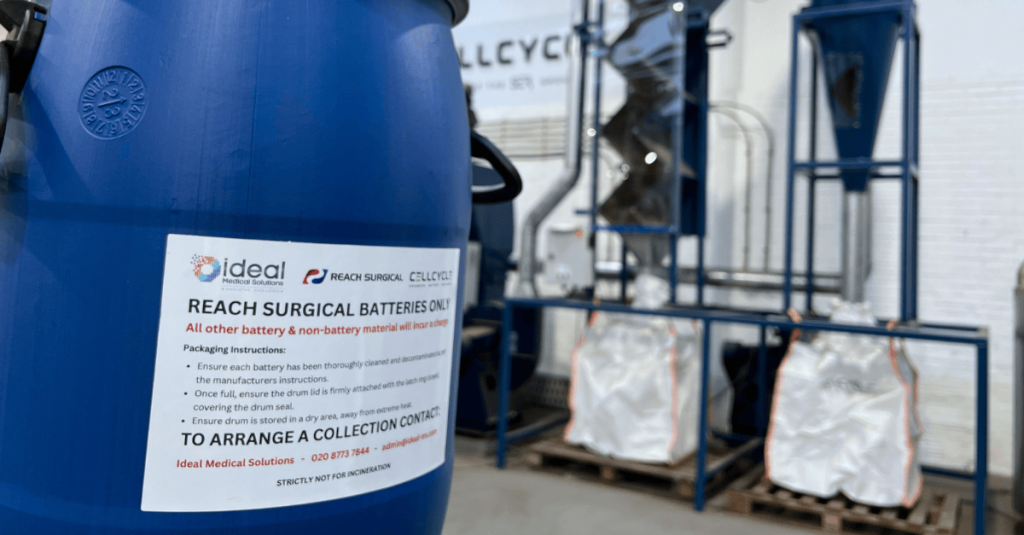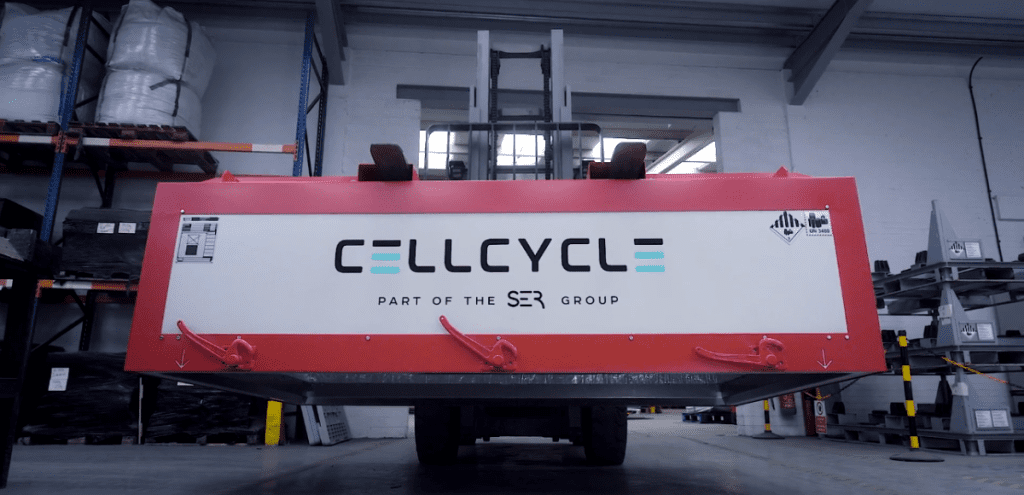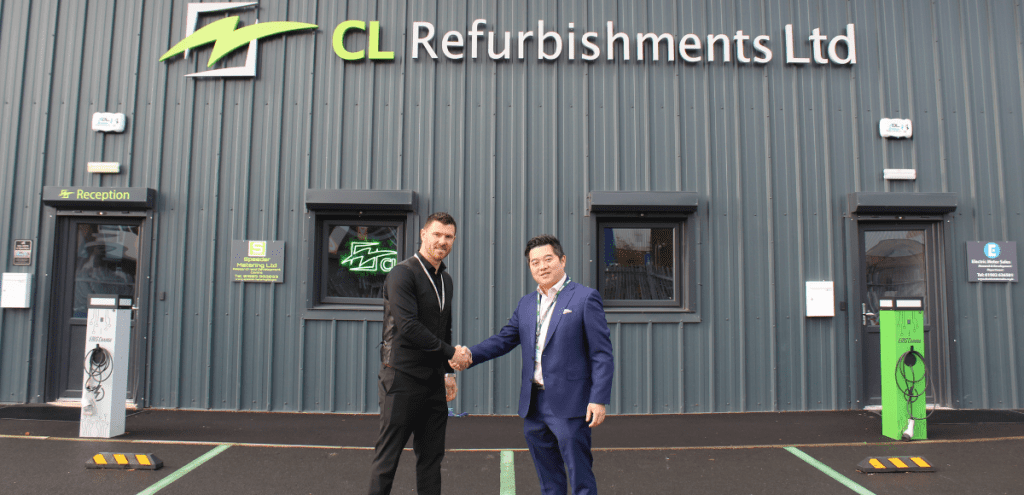The European Union has introduced new measures aimed at improving the efficiency of battery recycling and increasing the recovery of valuable and critical materials from waste batteries. These rules are designed to accelerate Europe’s transition towards a circular economy while securing strategic raw materials essential for clean energy technologies.
According to Batteries News, the regulation focuses on raising recovery targets for key elements such as lithium, nickel, and cobalt. The new standards also set clearer requirements for processing facilities, ensuring that recovered materials can be directly reintroduced into battery manufacturing.
“By improving the efficiency of lithium ion battery recycling, the EU aims to reduce reliance on imported raw materials, lower environmental impact, and strengthen the resilience of the supply chain.” — Batteries News
What the New Rules Mean
The EU’s approach complements earlier updates to the List of Waste classification, which now categorises “black mass” (the valuable intermediate from lithium ion battery recycling) and certain types of used batteries as hazardous waste (European Commission). This classification places tighter controls on waste shipment, including bans on export to non-OECD countries, encouraging localised recycling and responsible lithium battery disposal.
In addition, under the EU Battery Regulation, from August 2031, industrial batteries must include minimum levels of recycled content, 16% cobalt, 6% lithium, and 6% nickel (European Commission). These requirements will further drive demand for efficient and sustainable battery recycling processes.
The UK Context
Although the UK is no longer part of the EU, these developments are likely to influence domestic policy and industry practices. Many UK-based battery and electronics manufacturers are integrated into European supply chains. If they wish to sell into the EU market, they may need to meet the same recycled content requirements.
This could present both challenges and opportunities:
- Regulatory Alignment – The UK may need to adjust its waste management framework to align with EU rules, particularly regarding hazardous waste classifications and recovery targets.
- Capacity Gaps – Currently, the UK has no commercial-scale lithium refinery, meaning that even recovered materials often need to be exported for processing. This increases cost, emissions, and reliance on overseas facilities.
- Supply Chain Advantage – Businesses that adopt compliant, high-efficiency lithium ion battery recycling solutions early can position themselves as preferred partners for manufacturers aiming to meet EU standards.
Cellcycle: A Compliant Recycling Solution for the UK
At Cellcycle, we are committed to providing fully compliant, sustainable lithium battery disposal and battery recycling solutions. Our bio-based LithiumCycle™ process uses innovative biotechnology to recover valuable metals from end-of-life batteries without harmful emissions, aligning with both current UK regulations and emerging EU standards.
By combining cutting-edge recovery techniques with safe and transparent operations, we help organisations across the UK achieve regulatory compliance, reduce environmental impact, and contribute to a more resilient supply chain. Whether you are a manufacturer, distributor, or waste management partner, Cellcycle offers the expertise and infrastructure to support you in meeting the highest recycling and recovery standards.



